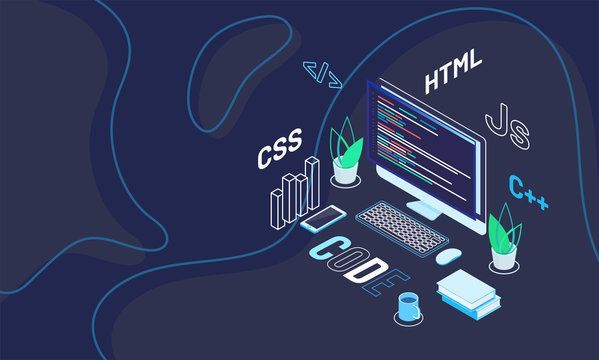Custom HTML5 Solutions by Experts
At Yectra Technologies, we specialize in designing visually stunning and user-friendly websites using the latest HTML and CSS technologies. Our team of expert front-end developers ensures pixel-perfect designs, responsive layouts, and seamless user experiences. By leveraging frameworks like Bootstrap and Tailwind CSS, we create modern, scalable, and performance-optimized web solutions tailored to your business needs.

PSD to HTML5 Services
We have dedicated HTML5 developers proficient at PSD to HTML 5 conversion services catering to all industry verticals.
BootStrap Development
Hire offshore HTML5 programmers skilled at building amazing & interactive websites with Bootstrap for small to large-scale businesses.
Fast-loading Architecture
For a powerful website, performance is inevitable. We enhance performance by using the best methods and optimized code. We build solutions that perform well.
Responsive Design
HTML allows businesses to create responsive websites that adapt to different screen sizes and devices, ensuring a consistent user experience across platforms.
Growing in Popularity
As more and more people adopt HTML5-compatible browsers and devices, it's important to ensure your website or app is compliant.
Easier to Use
HTML5 offers a range of features that make it simpler and faster to create websites and apps. These include built-in multimedia support, drag-and-drop functionality, and simplified coding.
Our Approach to Code Quality
At the core of our development process, we prioritize code quality, implementing stringent testing, detailed reviews, and industry-best practices to deliver software that excels in both functionality and longevity.

Ensuring Best Practices in Code
- Using descriptive variable names and in-code comments for better readability and maintainability.
- Comprehensive documentation for every codebase, ensuring clarity and ease of future updates.
Unit Testing
- Integrating continuous integration tools to automatically run unit tests on new code submissions, ensuring immediate feedback on code integrity.
- Utilizing test-driven development (TDD) practices to encourage the creation of tests before writing code, leading to more robust and error-free components.
Code Review Practices
- Incorporating automated code scanning tools to detect vulnerabilities and code smells before manual review, streamlining the review process.
- Establishing a peer review culture where developers are encouraged to provide constructive feedback, promoting knowledge sharing and collaborative improvement.
Code Quality Metrics
- Adopting complexity metrics to identify overly complex code that may be harder to maintain and test, aiming for simplicity and readability.
- Tracking technical debt metrics to quantify the cost of rework associated with quick fixes versus proper solutions, guiding towards long-term code health.
